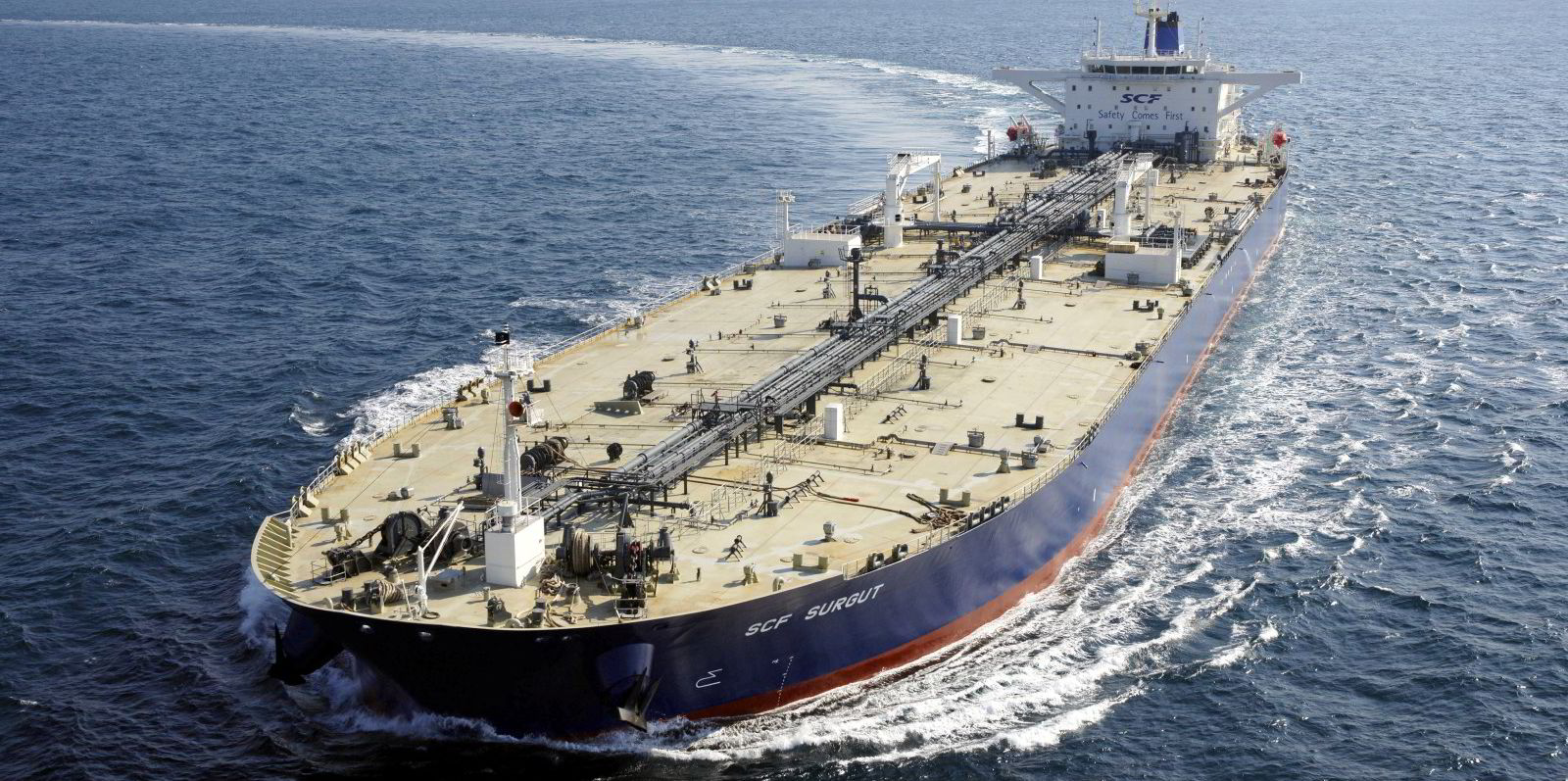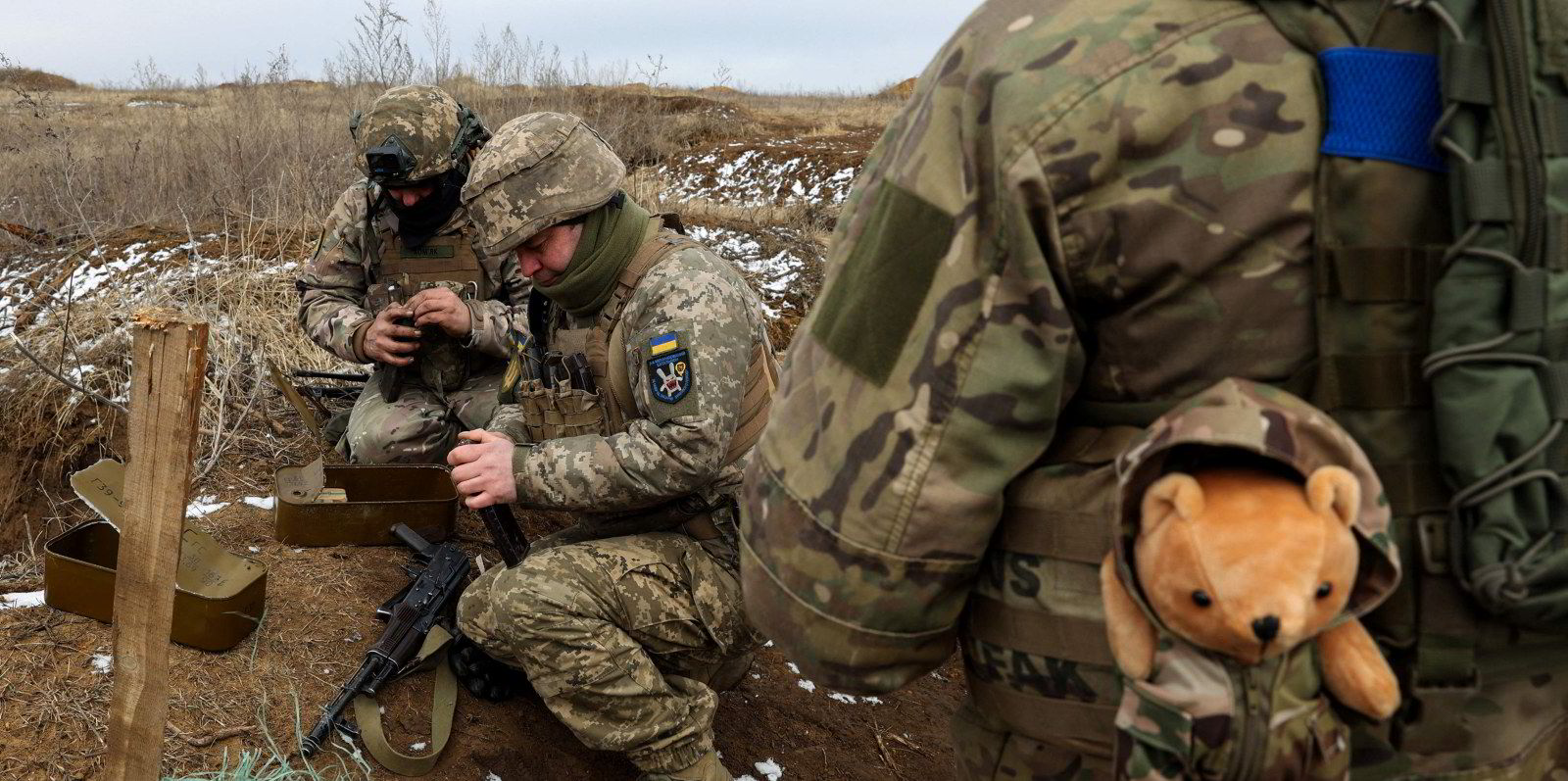The shadow fleet of tankers hauling sanctioned oil cargoes has increased to more than 700 vessels despite Russia-related enforcement action forcing Western service providers out of the trades, according to new research by BRS Shipbrokers.
Russian oil is almost exclusively lifted by the grey — or shadow — fleet since the rising price of oil since the summer of last year propelled the cost of barrels beyond oil price caps imposed by the G7 group of nations, the broker said in its latest weekly tanker report.
European owners that currently hauled non-Russian cargoes, as well as price-capped oil, were likely to opt for one or the other amid increased pressure from sanctions enforcers, it said.
BRS had previously identified 400 tankers as being part of the fleet involved in hauling sanctioned oil linked with Iran, Venezuela and North Korea before the invasion of Ukraine in February 2022. That increased to 675 at the end of last year, according to BRS calculations.
“Today, it exceeds more than 700 units which accounts for around 8% of the active tanker fleet,” it said.
With the conflict settling in for the long haul, BRS said there was a “general consensus that peak chaos is over and oil flows and tanker markets have settled into a new normal”.
“However, we suggest that this may be somewhat premature.”
The Russian sanctions regime is far more complex than previous programmes, given the scale of Russian production and the US’ desire to keep its oil flowing to ensure prices did not skyrocket.
While G7 countries have largely stopped Russian imports, the price cap scheme has allowed cargoes to be exported to third countries, but only if barrels are sold below $60 for crude and $100 or $45 for refined products. The scheme was first introduced in December 2022.
Widespread circumvention of the cap has prompted the US to blacklist 41 tankers since October including 14 Sovcomflot vessels last week.
BRS said: “The net appears to be closing on grey fleet tanker owners, especially if they are suspected of flouting the price cap.”
It added: “We expect that more and more grey fleet tankers will be pushed towards alternative shipping services.”
Western shipping, finance and insurance providers can only become involved in Russian cargoes below the price cap and if they are exported to third countries where imports are not banned, such as the European Union.
BRS said that this shift from non-G7 providers was likely to have only negative impacts, with less well-regulated tankers, with potentially lesser insurance cover, steaming around the world.
On Monday, the Kremlin shrugged off the latest round of sanctions, saying the Russian economy had adapted to the changes. Russian oil exports have largely declined since April, but that is largely attributable to announced Opec cuts.
While tighter sanctions on vessels could lead to a “scramble” for available tonnage to haul Russian oil, BRS said it might not lead to a spike in asset values.
The EU has introduced new rules aimed at making it more difficult for European owners to sell tankers that end up in the Russian trades. That could “mark the end of the upward trend” in the value of vintage oil tankers, BRS said.
Read more
- P&I clubs pull cover after UK blacklists tanker operator Fractal
- US slaps Sovcomflot and 14 tankers with sanctions in next ‘step’ after price cap
- US says Russia has no ‘good choices’ after sanctions crackdown
- Tanker newcomer Fractal challenges UK blacklisting over Russia role
- Thousands of seafarers out of pocket amid ‘alarming’ rise of abandonments





